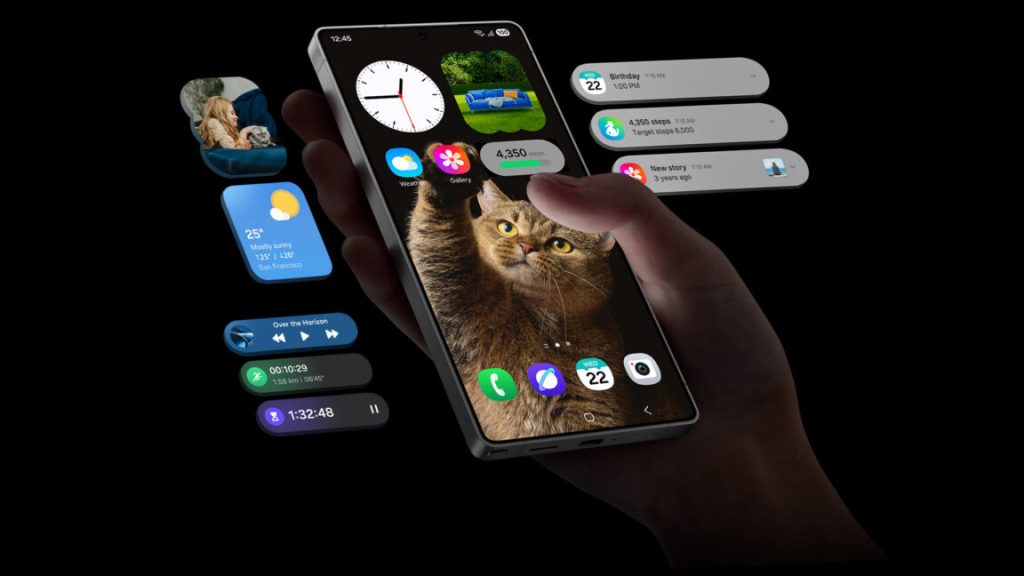According to Bloomberg, the deal is not done, though both sides have met in South Korea and agreed on the basic framework. The companies have also reportedly discussed building AI into operating systems and designing agentic systems that integrate with multiple AI providers.
Overdosing on mobile AI
Google is working overtime to push Gemini into every product and device possible. The company was caught flat-footed by the popularity of ChatGPT, which has emerged as perhaps the greatest threat to its search dominance since Bing fell flat.
Part of that effort is making sure new phones have the Gemini app as the default assistant. However, Google is under more scrutiny than ever as it struggles to get out from under three consecutive antitrust losses. The search case touches on the placement deals it makes with smartphone makers like Samsung, which have traditionally required exclusivity for certain Google products. Google even managed to get Samsung to make Gemini the default assistant on the Galaxy S25 series, demoting its Bixby system.
One of the few concessions Google agreed to make in the search case was to end its requirements for exclusivity in placement deals, and it appears that Google is already using a lighter touch. With Google giving its mobile partners a free hand, we expect to see much more AI on phones. For example, Motorola included AI features from Meta, Microsoft, Perplexity, and Google on the new Razr phones.

Credit:
Ryan Whitwam
Adding too many AI features to phones can lead to weird conflicts, like we saw on the 2025 Razrs.
Credit:
Ryan Whitwam
This kind of openness is great for competition, but it can lead to a cluttered experience for users. Having so many AI agents active on the Razrs didn’t make them smarter; it just made them more confusing. Hopefully, Samsung can restrain the urge to overload the Galaxy S26 with redundant AI features, but don’t get your hopes up.

